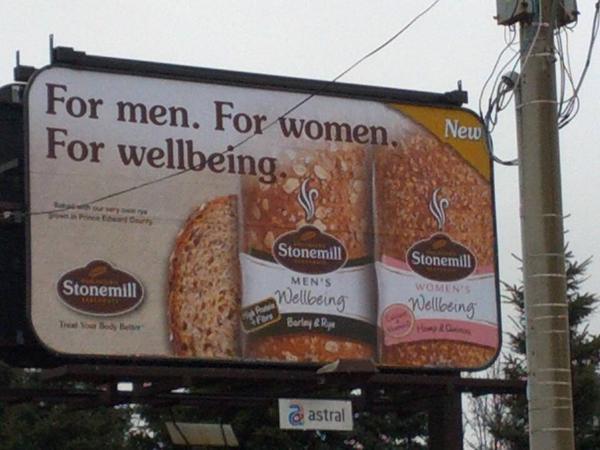A friend remarked yesterday, in a conversation about the – what to call it – the Official Ostracism of Me, that we’re all learning and it might be quite a good idea to be patient and not-horrible while we’re learning. Not the exact words, but that’s the gist.
It made me realize that one of the things I like most about having a blog is that I can write about what I’m learning, as I’m learning it. I can think aloud about what I’m learning. It’s note-taking, and discussion, and sharing. That’s what I like in other people’s blogs, too.
But, weirdly, we’re not allowed to learn about this subject. We’re supposed to have accepted particular conclusions, which is quite different from learning something (even if your learning takes you to the same place). We’re supposed to utter particular formulas, and answer yes to abrupt simplistic yes-or-no questions. That’s antithetical to learning, and to thinking as well.
Mind you…as I spelled out last week, I am willing, and more than willing, to answer yes to moral and political questions, even some yes-or-no ones. “Will you treat people as they ask to be treated?” “Yes, of course.”
But questions about what we mean by identity, the self, experience, mental states, conformity, stereotypes, gender roles, gender expression, performance…those I want to discuss rather than affirm or deny.

